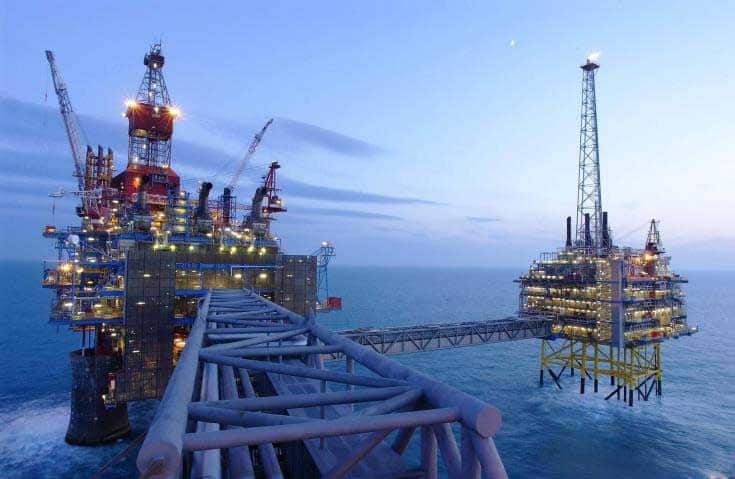Turkish ambassador to the European Union Faruk Kaymakci on Sunday called for Cyprus to think of other European Union member states and allow the EU-Turkey high-level energy dialogue to restart.
The dialogue was launched in 2016 but suspended by the European Council in 2019 after Turkey sent two ships to drill for natural gas in areas of the eastern Mediterranean in the Republic of Cyprus’ exclusive economic zone (EEZ).
Kaymakci told news website Politico, Cyprus is the only one of the EU’s 27 member states which remains opposed to relaunching the dialogue, and to this end, he urged the country to consider other EU member states’ needs.
“They may not need much energy in the sunny Mediterranean, but most of the member states say they need more energy, more diversification, so it’s only going to continue,” he said.
He added that the high-level dialogue’s suspension is a “lose-lose situation”.
“Turkey is one of the three or four main energy arteries – whether to use it or not is up to the EU,” he said.
Kaymakci’s comments come after Russian gas exports to Europe through pipelines built through Ukraine were halted at the beginning of the year after the Ukrainian government refused to renew a transit agreement with Russian gas giant Gazprom.
Countries which were previously reliant on Russian gas, such as Hungary and Slovakia, are now looking for alternatives to the Russian supply, with Turkey and its ally Azerbaijan believing that they can satisfy Europe’s energy needs.
“We have the southern gas corridor. We have 18 million cubic metres of gas, mainly coming from Azerbaijan – and we can easily expand this, connecting it to Mediterranean gas. Our role is there, our potential is there,” he said.
Turkey also offers something of a backdoor for Russian gas to be exported to Europe, with the TurkStream pipeline under the Black Sea still fully operational and now the only remaining route for Russia to export gas to Europe.
Cyprus, meanwhile, is continuing to carry out drilling operations with President Nikos Christodoulides having announced on Friday that drilling work had begun in Block 5 of Cyprus’ EEZ.
The drilling is centred on a gas reservoir named Electra, and is being carried out by American multinational corporation ExxonMobil and QatarEnergy.
Energy Minister George Papanastasiou had earlier described ExxonMobil’s decision to drill in the areas as a “milestone”.
“Depending on the findings … the company will decide how to commercialise this particular deposit, and we hope that the deposit will be something which will open horizons different from the usual ones,” he said.
ExxonMobil vice president for global exploration John Ardill said he had informed Christodoulides about plans to drill both in block 5 and in block 10, which contains the Glaucus natural gas deposit.
“We’ve spent the last two years collecting very detailed, three-dimensional seismic data… We’ve identified several large prospects, and the next stage is to bring in a drilling rig and to test those,” he said, adding, “we’ll spud our first well in mid-January, so we are very excited about that.”






Click here to change your cookie preferences